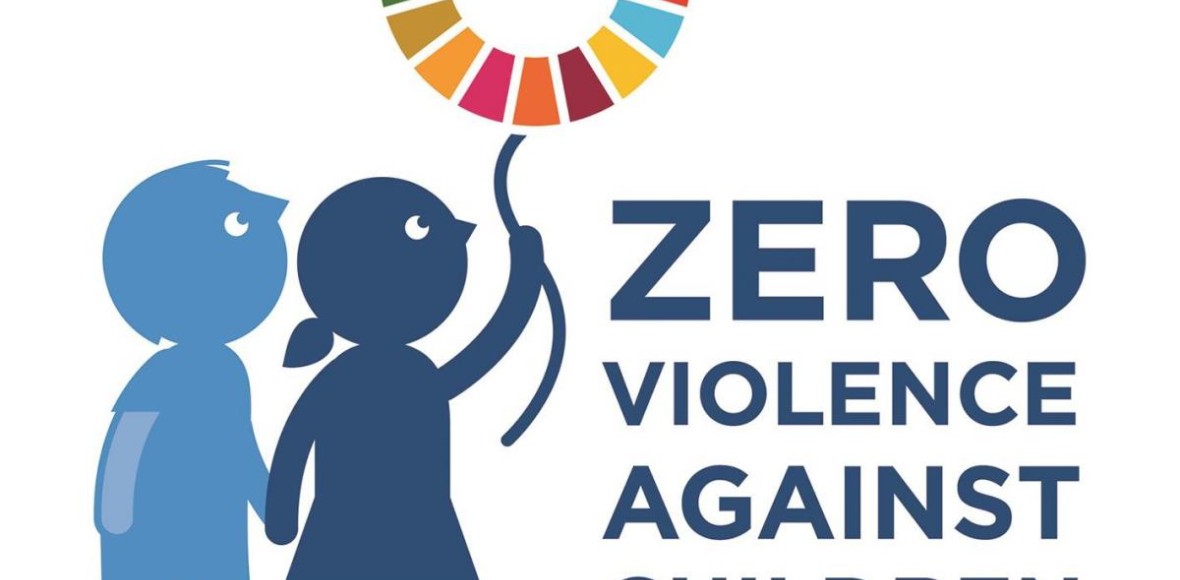
To help properly document violence against children, UNICEF has developed the International Classification of Violence against Children (ICVAC) with inputs from over 200 experts from national statistical offices, academia, and international organizations.
This, the agency says, will help combat lack of available and comparable data that covers the many complex forms of violence which have been a significant barrier to evidence-based decision-making.
This will provide countries a tool to assess the extent to which their national definitions of violence against children comply with internationally agreed standards and will help them produce consistent data that can be compared and analysed across counties.
This was revealed last month when UNICEF hosted a webinar to present the ICVAC and plans for its implementation.
As of now, when countries collect data, severe forms of violence such as homicide and rape are captured, but some forms, less severe but often as damaging, are left out from legislation and statistical infrastructure – such as data related to neglect.
Thus, the ICVAC will be a backbone for data and classification of all forms of violence. It will provide a consistent and comprehensive framework of the various forms of violence against children, irrespective of changes in legislation across countries. It will also provide the basis for disaggregating data, help raise the capacities of national statistical offices, and improve data quality on violence against children.
João Pedro Azeved, Chief Statistician and Deputy Director, Division of Data, Analysis, Planning and Monitoring at UNICEF highlighted the importance of developing a universal tool for counties to drive national action and for the international community to collaborate on solutions.
“With this classification, we now have standards and an analytical framework with which data gaps can be filled, accountability fostered and policies designed,” he said. “Let us use it to lay the solid foundation on which we build a world where all children are safe and free from violence in all its forms,” he said
Dr Howard Taylor, Director of the End Violence Partnership, discussed the importance of investing in and developing data and evidence, especially as it is a key driver for government action and accountability.
‘A lack of sound, comparable data is a barrier to evidence-based decision and policy making. This is a milestone moment for our collective efforts to end violence against children. What gets measured, gets done and in fact, what gets measured can get done well,’ he said.

Leave a Reply